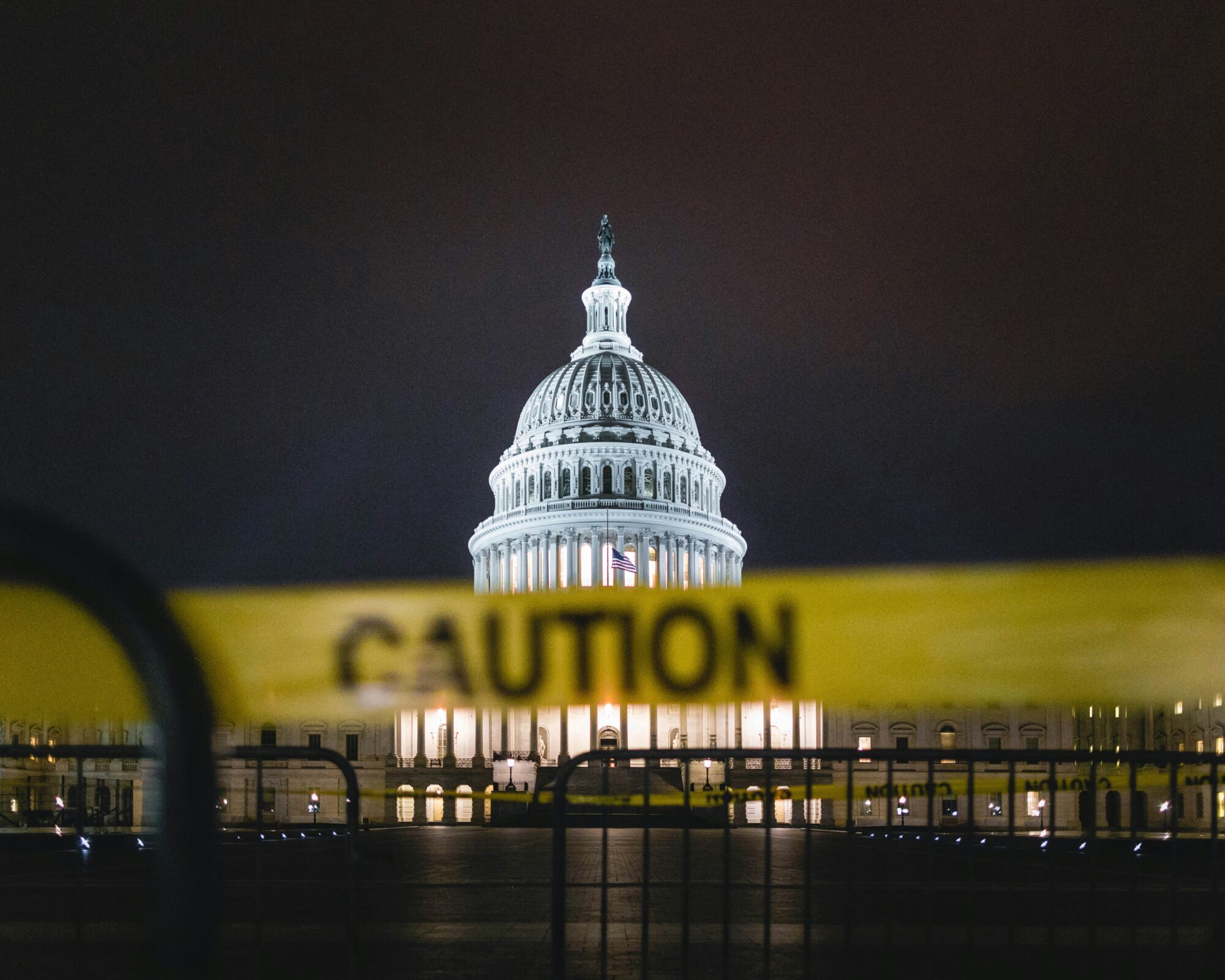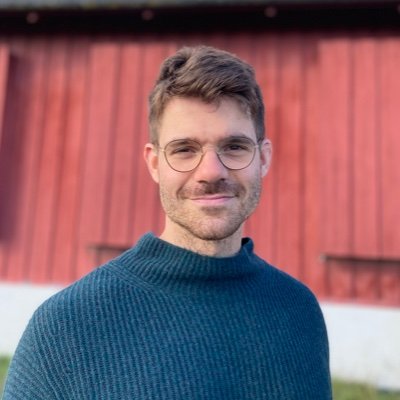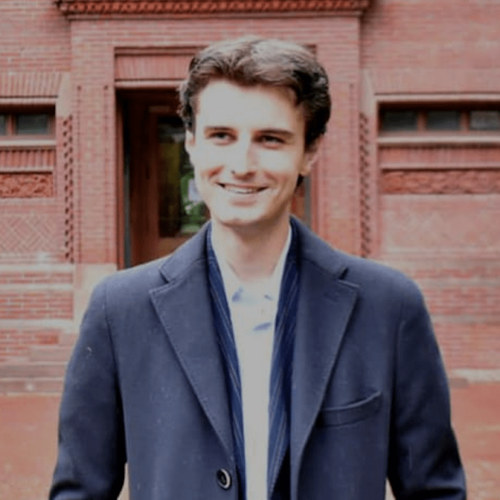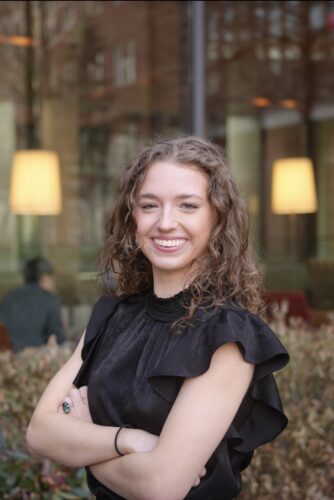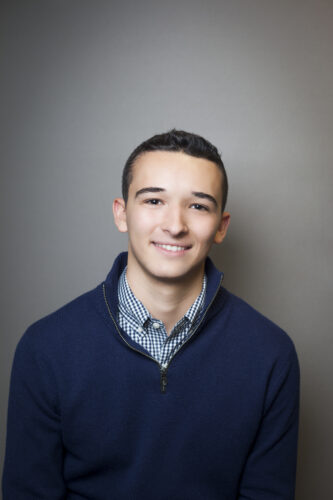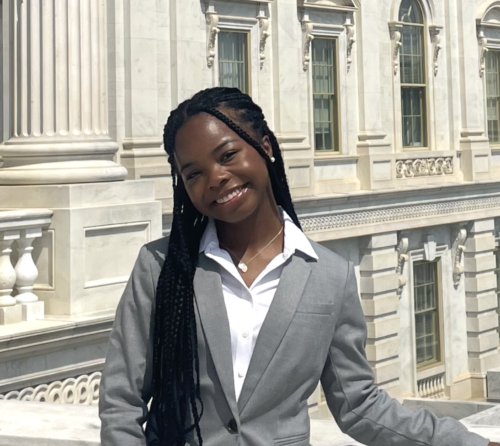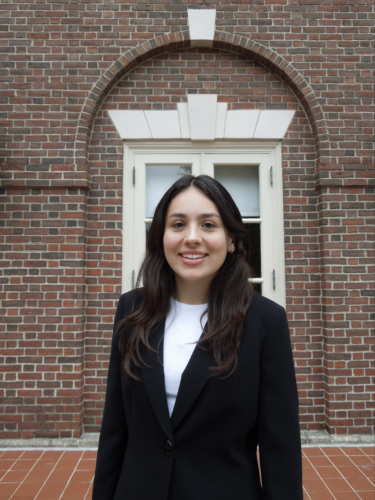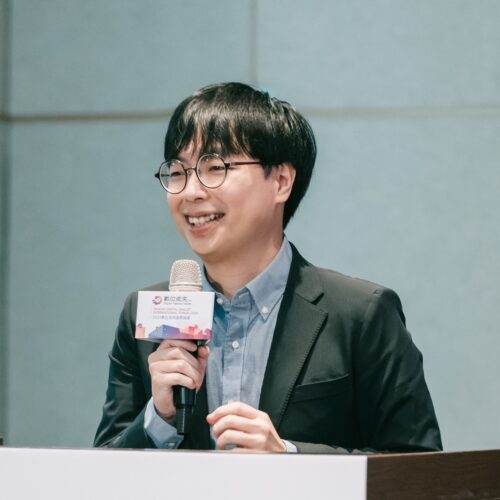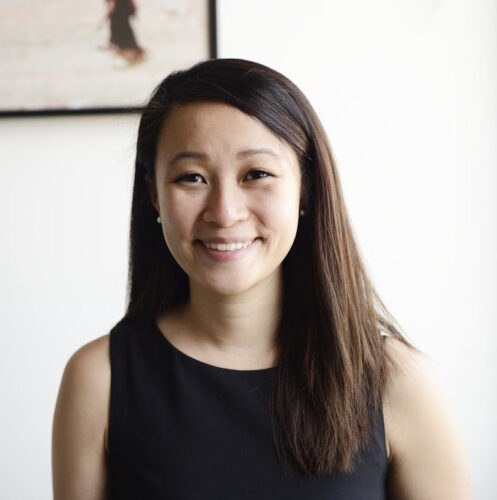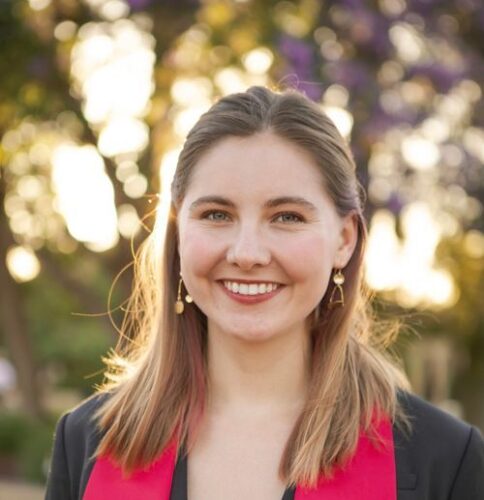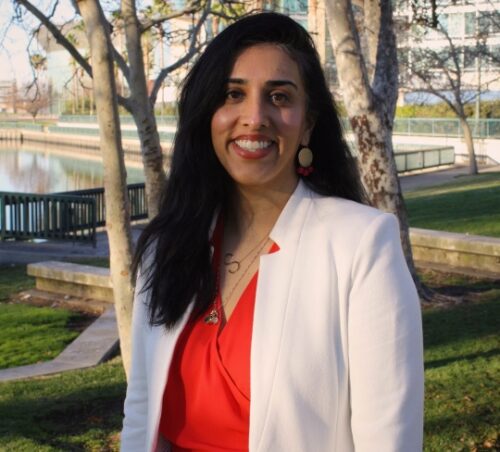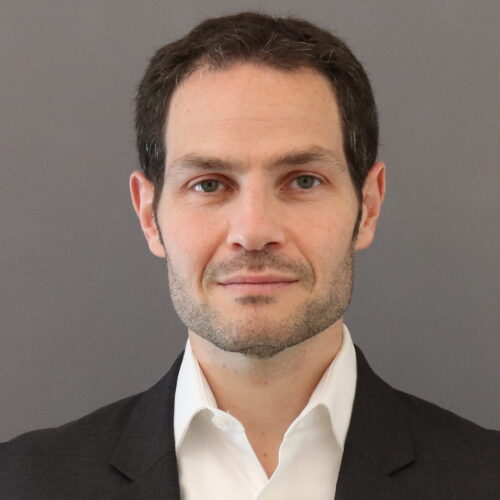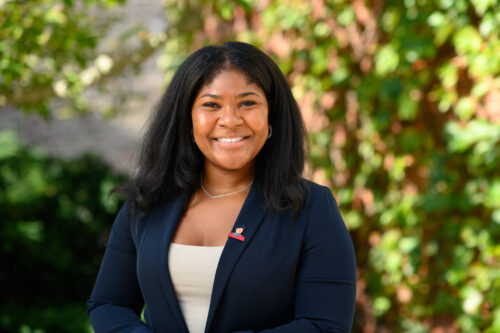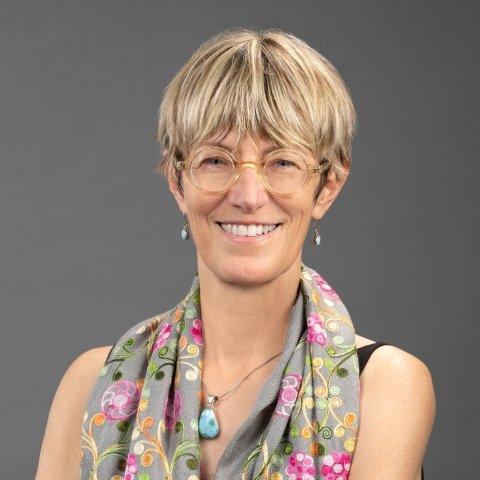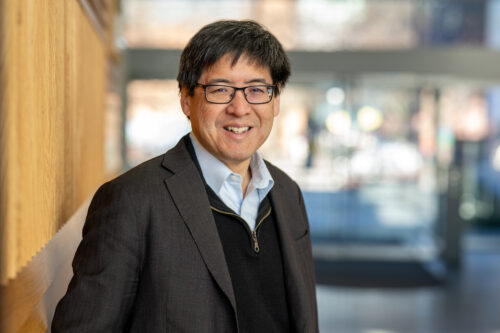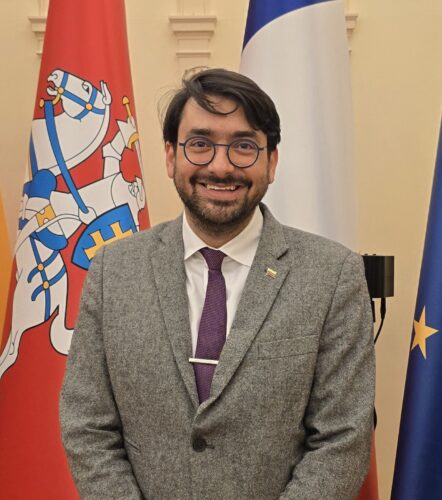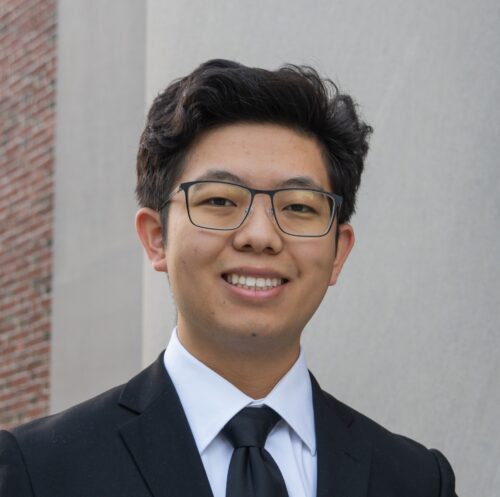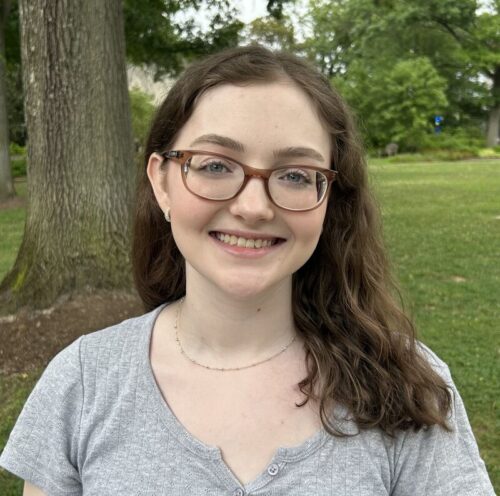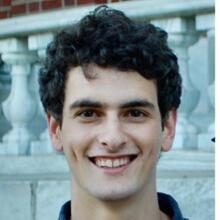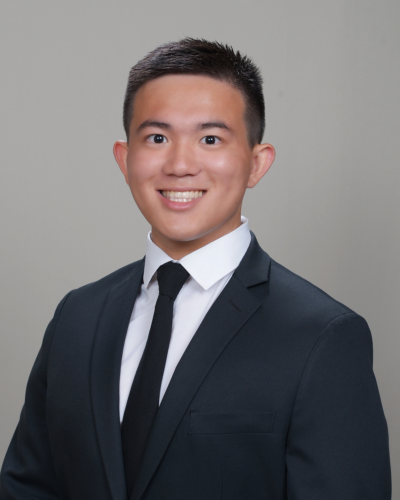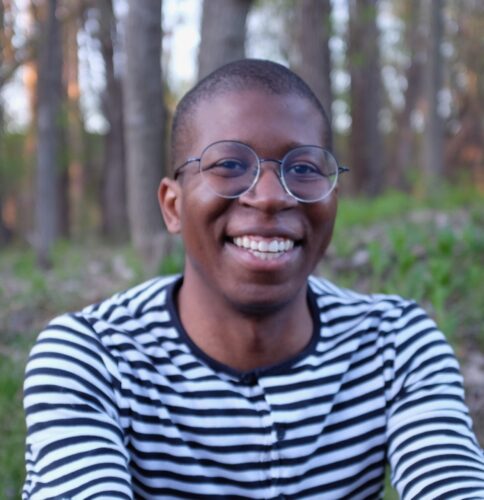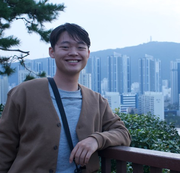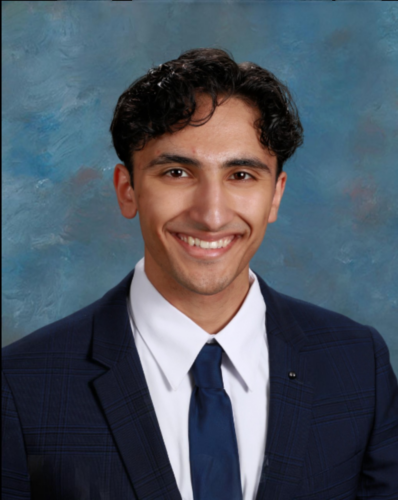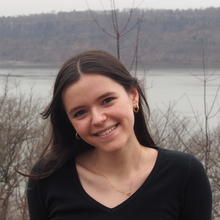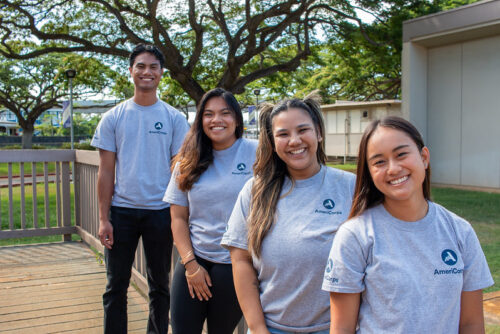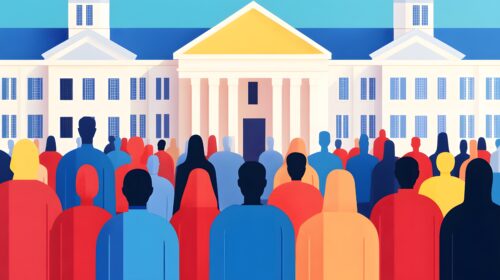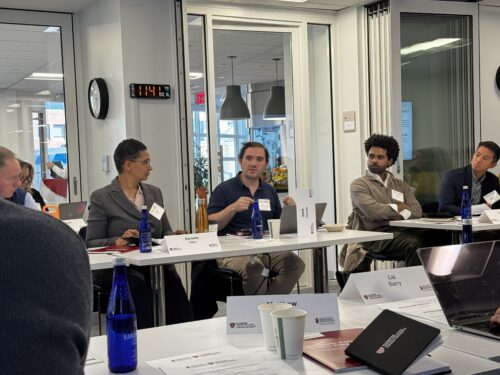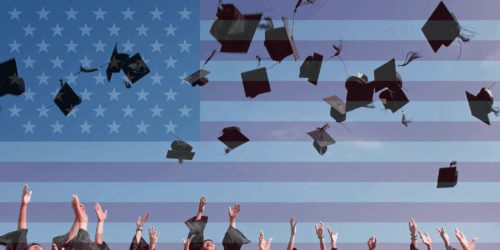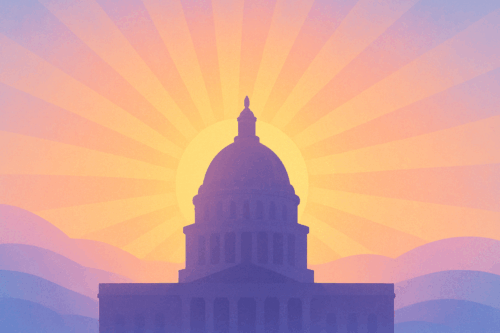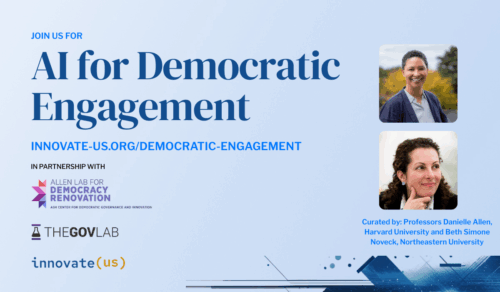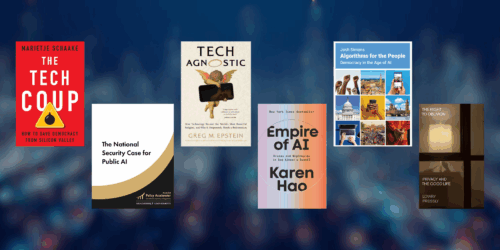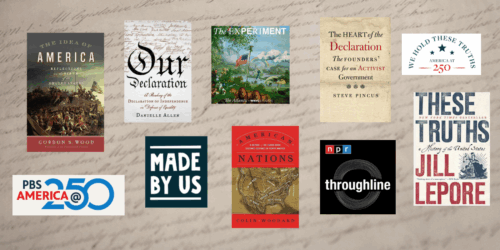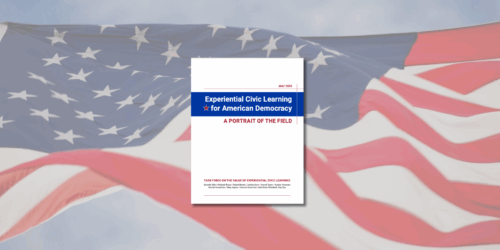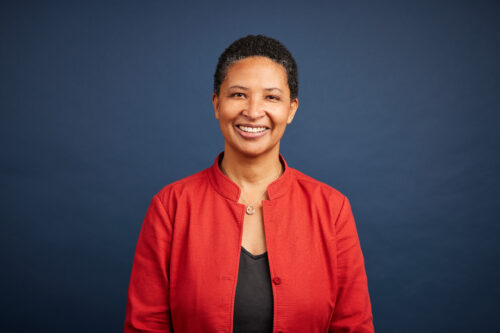
Danielle Allen
Professor of Public Policy, James Bryant Conant University Professor
Renovating constitutional democracy for the 21st century
The Allen Lab for Democracy Renovation works to ensure that public policies, political institutions, and the technologies that support them are designed and judged by how well they strengthen constitutional democracy—expanding freedom and political equality, building fully inclusive institutions, and widening avenues for participation and connection, all rooted in the conditions people need to flourish.
Too often, democracy is treated as a stand-alone policy domain rather than a standard shaping all policymaking; the Lab works to change this by developing new democracy-supporting frameworks and standards, grounded in the field-defining scholarship of Danielle Allen. We advance this work through research, teaching, field-building, proof-of-concept pilots, professional training, network-building, and the promotion of exemplary policy solutions that equip decisionmakers to deliver responsive representation and effective governance for large, complex, digitally powered societies.
Professor of Public Policy, James Bryant Conant University Professor
Executive Assistant to Danielle Allen
PhD, Senior Lab Director
Associate Director for Technology & Democracy
Coordinator, Allen Lab for Democracy Renovation
Lab Affiliate; Assoc. Professor, UCSF Law School
Doctoral Student, Harvard Government Department
Harvard College
Researcher, Harvard College
Doctoral Student, Harvard Government Department
Harvard College
Non-Resident Senior Fellow, Allen Lab for Democracy Renovation
July 2024-June 2026
Policy Fellow, AY2025-2026
Researcher, Harvard College
Doctoral Student, Harvard Government Department
Non-resident Policy Fellow, AY2025-2026
Policy Fellow, AY2025-2026
Researcher;
Doctoral Student, Harvard Government Department
Policy Fellow, AY2025-2026
Policy Fellow, AY2025-2026
Policy Fellow, AY2025-2026
Policy Fellow, AY2025-2026
Lab Affiliate; Executive Director, Berkman Klein Center
Doctoral Student, Harvard Government Department
Research Fellow, AY2025-2026
Senior Fellow, Allen Lab for Democracy Renovation;
Co-Director and Co-Investigator, GETTING-Plurality Research Network
Feb. 2024-Jan. 2026
Policy Fellow, AY2025-2026
Non-resident Policy Fellow, AY2025-2026
Harvard College
Researcher, Harvard College
Researcher, Harvard College
Researcher, Harvard College
Researcher, Harvard College
Researcher, Harvard College
Principal Investigator;
Post-Doctoral Fellow, Columbia University
Researcher, Harvard College
Professor, Santa Fe Institute
Researcher, Harvard College
Researcher, Harvard College
Researcher;
Master in Urban Planning Candidate, Harvard Graduate School of Design
PhD; Fulbright Alumnus
EthicAI and Former Visiting Fellow, Allen Lab for Democracy Renovation
Allen Lab Policy Fellow AY 2023-2025
Communications, Harvard College
Commentary
Allen Lab Policy Fellow Christine Slaughter makes the case that democracy must be understood through people’s lived experiences and agency, not just institutions.
Commentary
Allen Lab Researcher David Riveros Garcia draws on his experience building civic technology to fight corruption in Paraguay to make the case that effective civic technology must include power and collective action in its design.
Additional Resource
In a new essay, The Case for Building an AmeriCorps Alumni Leadership Network, Allen Lab Policy Fellow Sonali Nijhawan argues that the 1.4 million Americans who have completed national service represent an underleveraged civic asset. Drawing on her experience as former Director of AmeriCorps, Nijhawan outlines a roadmap for transforming dispersed alumni into a connected leadership network capable of reinvigorating public service, rebuilding trust in government, and strengthening civic participation.
Additional Resource
Ensuring public opinion and policy preferences are reflected in policy outcomes is essential to a functional democracy. A growing ecosystem of deliberative technologies aims to improve the input-to-action loop between people and their governments.
Video
The Allen Lab for Democracy Renovation’s Making Democracy Interesting webinar brought together scholars, writers, and creators to explore how storytelling can make democratic life feel more accessible, human, and compelling.
Occasional Paper
In a new working paper, Crocodile Tears: Can the Ethical-Moral Intelligence of AI Models Be Trusted?, Allen Lab authors Sarah Hubbard, David Kidd, and Andrei Stupu introduce an ethical-moral intelligence framework for evaluating AI models across dimensions of moral expertise, sensitivity, coherence, and transparency.
Open Access Resource
Allen Lab for Democracy Renovation Senior Fellow Allison Stanger, in collaboration with Jaron Lanier and Audrey Tang, envision a post-Section 230 landscape that fosters innovation in digital public spaces using models optimized for public interest rather than attention metrics.
Feature
The Allen Lab for Democracy Renovation and Bloomberg Center for Cities brought together civic technologists, researchers, as well as municipal and state leaders across Massachusetts for a workshop on digital civic infrastructure.
Additional Resource
Creating a healthy digital civic infrastructure ecosystem means not just deploying technology for the sake of efficiency, but thoughtfully designing tools built to enhance democratic engagement from connection to action.
Commentary
Last week’s leak of the U.S. Department of Education’s proposed “Compact for Academic Excellence in Higher Education” drew intense reactions across academia. Critics call it government overreach threatening free expression, while supporters see a chance for reform and renewed trust between universities and policymakers. Danielle Allen, James Bryant Conant University Professor at Harvard University, director of the Democratic Knowledge Project and the Allen Lab for Democracy Renovation, weighs in.
Commentary
Amid rising illiberalism, Danielle Allen urges a new agenda to renew democracy by reorienting institutions, policymaking, and civil society around the intentional sharing of power.
Feature
Public engagement has long been too time-consuming and costly for governments to sustain, but AI offers tools to make participation more systematic and impactful. Our new Reboot Democracy Workshop Series replaces lectures with hands-on sessions that teach the practical “how-to’s” of AI-enhanced engagement. Together with leading practitioners and partners at InnovateUS and the Allen Lab at Harvard, we’ll explore how AI can help institutions tap the collective intelligence of our communities more efficiently and effectively.
Feature
This list of resources, curated by the GETTING-Plurality Research Network at the Allen Lab for Democracy Renovation, highlights emerging ideas at the intersection of technology and democracy.
Feature
On July 4, 2026, America will celebrate the 250th anniversary of the signing of the Declaration of Independence. As this milestone approaches, the team at the Allen Lab for Democracy Renovation has curated a collection of books, podcasts, and events that explore the meaning and impact of the declaration from 1776 to today. Join us in revisiting the document itself, reflecting on its legacy, and considering the ongoing struggle to uphold democratic ideals.
Additional Resource
A new report provides a clear, actionable framework for effective experiential civic learning—what it is, why it matters, and how to do it well.
